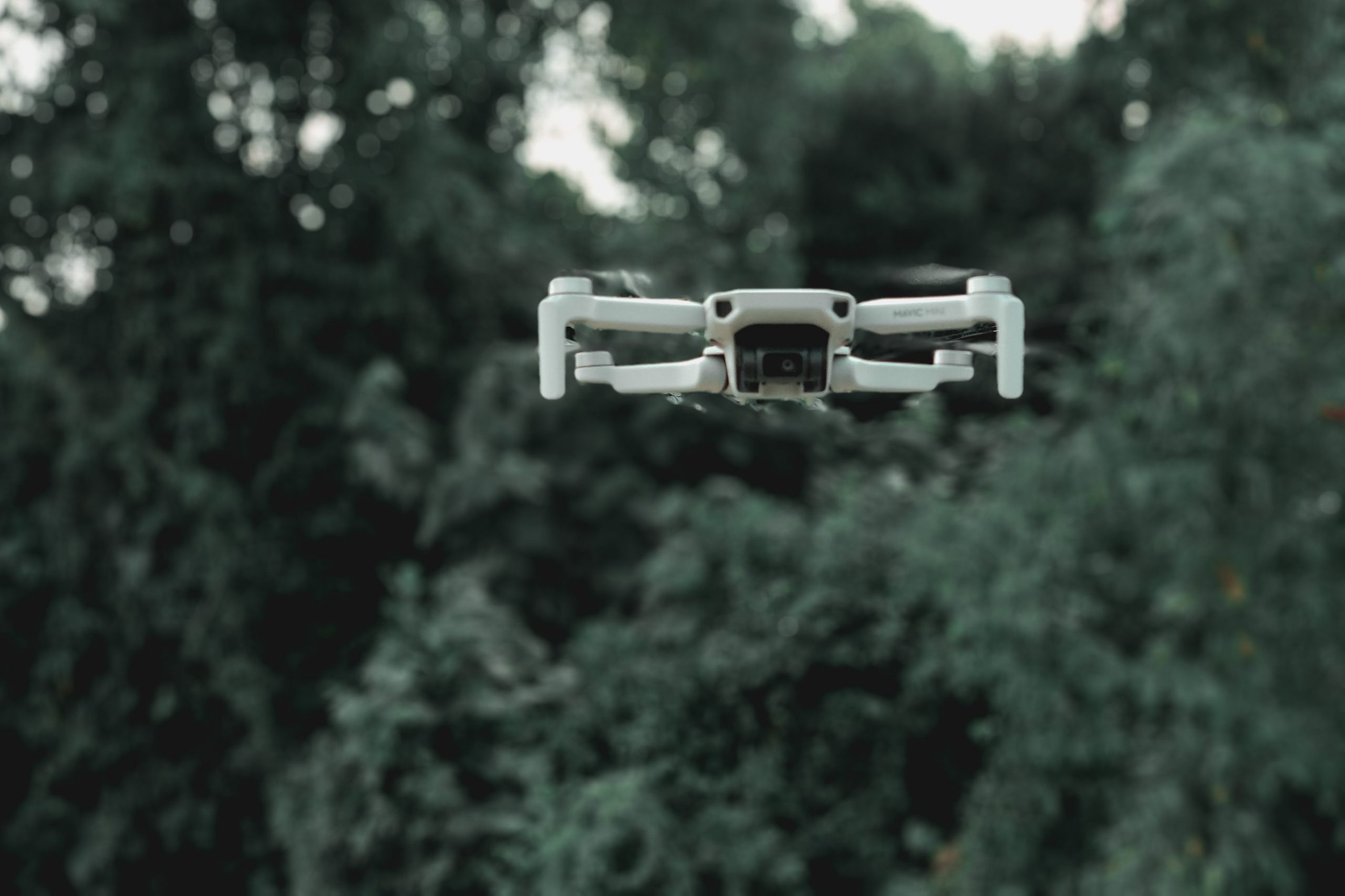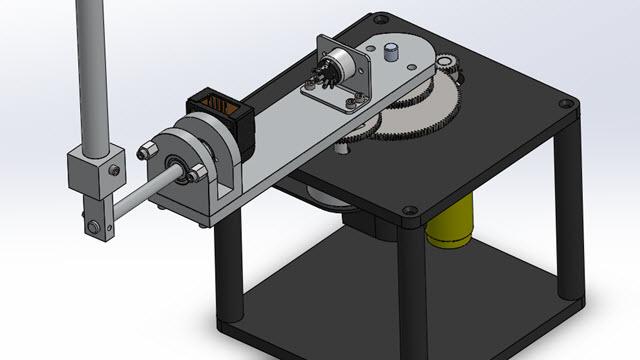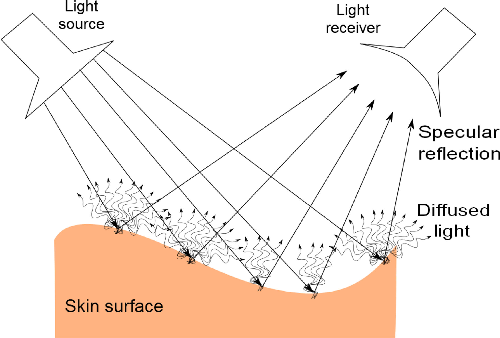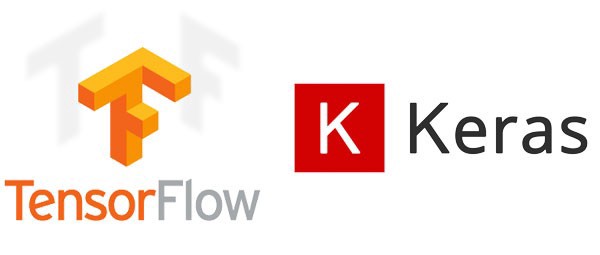“Development of online neural network training methods”
Diploma Theses for the Academic Year 2020-2021

Available |
Brief Description:
The aim of this Thesis is to develop new methods for training radial basis function (RBF) neural networks with increased accuracy and lower computational cost.
Indicative Publications:
[1] Alexandridis, A., “Evolving RBF neural networks for adaptive soft-sensor design”, International Journal of Neural Systems 23(6) (2013), pp. 1350029.
[2] Alexandridis, Α., H. Sarimveis, G. Bafas, “Α new algorithm for online structure and parameter adaptation of RBF networks”, Neural Networks, 16(7) (2003), pp. 1003-1017.
Required background knowledge: Programming, Linear algebra, Optimization, Neural networks
Place: A109b – Research Laboratory TelSiP
Supervisor: Dr. Alex Alexandridis, Professor
“Non-linear control methodologies for unmanned aerial vehicles (UAVs)”

Available |
Brief Description:
The aim of this Thesis is to apply nonlinear control methodologies (e.g. model predictive control (MPC), h-infinity, back-stepping, sliding mode control) for controlling a quadcopter.
Indicative Publications:
[1] J. Kim, S. A. Gadsden and S. A. Wilkerson, “A Comprehensive Survey of Control Strategies for Autonomous Quadrotors,” in Canadian Journal of Electrical and Computer Engineering, vol. 43, no. 1, pp. 3-16, 2020
Required background knowledge: Automatic control, Linear algebra, Optimization, Programming
Place: A109b – Research Laboratory TelSiP
Supervisor: Dr. Alex Alexandridis, Professor
“Modelling and automatic control of rotary inverted pendulum”

Available |
Brief Description:
The aim of this Thesis is to model a rotary inverted pendulum and then apply control methods including PID, linear quadratic regulator (LQR) and model predictive control (MPC).
Indicative Publications:
[1] Stogiannos, M., A. Alexandridis, H. Sarimveis, “Model predictive control for systems with fast dynamics using inverse neural models”, ISA Transactions, 72 (2018), pp. 161-177
[2] Alexandridis, Α., H. Sarimveis, G. Bafas, “Α new algorithm for online structure and parameter adaptation of RBF networks”, Neural Networks, 16(7) (2003), pp. 1003-1017.
Required background knowledge: Automatic control, Linear algebra, Optimization, Programming
Place: A109b – Research Laboratory TelSiP
Supervisor: Dr. Alex Alexandridis, Professor
“Νon Linear channel equalization using Machine Learning Techniques”
Brief Description:
The present Thesis deals with machine learning algorithms for the joint equalization and decoding of telecommunication channels that exhibit nonlinear behavior. Proposed solutions will be evaluated by using MATLAB and synthetic data.
Required background knowledge: Matlab, Linear Algebra, Digital Signal Processing, Digital Communications
Place: ZB203 – Research Laboratory TelSiP
Supervisor: Dr. Evangelos Zervas, Professor
Student: Andreas Katavatis
“Techniques for solving convex non differential linearly constrained programs”

Available |
Brief Description:
The present dissertation aims to study machine learning techniques for regression and classification problems that can be structured as convex indistinguishable programs with linear constraints. Several algorithms (POCS, APSM, ADM, LADM, LADMAP, proximity, etc.) will be implemented in MATLAB and their performance will be evaluated with synthetic data.
Required background knowledge: Matlab, Linear Algebra, Digital Signal Processing
Place: ZB203 – Research Laboratory TelSiP
Supervisor: Dr. Evangelos Zervas, Professor
“Image denoising with sparse representation L1 norm techniques; SPAMS toolbox”

Available |
Brief Description:
This Thesis is related to the application of sparse representation algorithms based on L1 norm techniques and the SPAMS package for noise reduction applications in the cognitive objects of image processing.
Required background knowledge: Matlab, Linear Algebra, Digital Signal Processing, Digital Image Processing, Python, C/C++
Place: ZB203 – Research Laboratory TelSiP
Supervisor: Dr. Elias Zois, Assistant Professor
“Measuring remotely human biometrics signs with a webcam”

Completed |
Brief Description:
This dissertation is related to the development of a simple and low cost method of measuring multiple physiological parameters using a web camera. Applying ICA resolution to the camera’s color channels can help extract features that initially reflect Blood Volume Pulse (BVP). Next, the definition of other variables such as heart rate (HR), respiratory rate and HR variability (HRV, cardiac autonomic activity index) will be considered. This technology seems to have interesting potential in personal healthcare and telemedicine applications.
Required background knowledge: Matlab, Digital Signal Processing, Digital Image Processing, Python, C/C++
Place: ZB203 – Research Laboratory TelSiP
Supervisor: Dr. Elias Zois, Assistant Professor
Student: Petros Katsoulakos
“Computer Vision Applications using SIFT and vlfeat”

Completed |
Brief Description:
Development of computer vision applications with application of the SIFT transformation and using one of the leading computer vision libraries (computer vision) Vlfeat.
Required background knowledge: Matlab, Python, C/C++
Place: ZB203 – Research Laboratory TelSiP
Supervisor: Dr. Elias Zois, Assistant Professor
Students: Aggelos Mpitas, Ioannis Genarakis
“Machine Learning Applications using the Keras and TensorFlow libraries”

Available |
Brief Description:
The Keras and TensorFlow libraries are open source software libraries for high-performance numerical calculations. Its flexible architecture allows easy computing development on various platforms (CPUs, GPUs, TPUs) and from desktops to server arrays. Their environment will be studied and attempts will be made to develop computer vision and machine learning applications.
Required background knowledge: Linux, Docker, Python, Keras, TensorFlow
Place: ZB203, A119 – Research Laboratory TelSiP
Supervisors:
Dr. Elias Zois, Assistant Professor
Dr. Grigorios Koulouras, Assistant Professor
“Deploying Deep Learning Models by using Docker technology”

Assigned |
Brief Description:
This Thesis aims to develop a web application, which presents Deep Learning algorithms used in various fields of science, to solve problems and provide a better user experience. The web application will adopt technologies like Docker and Kubernetes, which offer great advantages in the development and management of applications that requires remarkable computing power and probably serve a large number of users.
Required background knowledge: Cloud Computing, Docker, Kubernetes, Deep Learning
Place: ZB203 – Research Laboratory TelSiP
Supervisor: Dr. Grigorios Koulouras, Assistant Professor
Student: Elia Trifonas
“Study of the performance of LoRa® technology in Peer-to-Peer communications”

Assigned |
Brief Description:
This Thesis aims to contribute to the development of a Low Power Wide Area Network (LPWAN) with LoRaWAN® technology for educational and research purposes at the University of West Attica. As part of this work, the physical level of the LoRa® protocol and its specifications (International Standards) will be studied. To achieve this, two built-in devices with a LoRa® interface will be developed, which will connect P2P (Peer-to-Peer) to evaluate the scope and quality of communication, in different environments, depending on the protocol settings, promoting two-way message packages. Finally, the European and Greek legislation (Regulations) that govern the specific communication protocol will be studied.
Required background knowledge: IoT, MicroPython, LPWAN, LoRa®
Place: ZB203 – Research Laboratory TelSiP
Supervisor: Dr. Grigorios Koulouras, Assistant Professor
Student: Evangelos Papagiannis
“Development of an electronic system for the safe management of health records using Blockchain technology”

Completed |
Brief Description:
As part of this thesis, a personal health records management system will be developed using Blockchain technology. Initially, there will be a presentation of the disadvantages and advantages of the application in the field of health and then a personal health file will be implemented for the patient where all his medical data will be stored.Furthermore, the user will be able to accept or reject requests from third parties. He will also be given the opportunity to have access at all times in order to monitor their state of health. More specifically, a private chain of nodes and suitable software will be implemented in order to have communication through the internet platform that will be developed but also the private chain to be user-friendly and easily accessible.
Required background knowledge: Blockchain, Consensus mechanisms
Place: ZB203 – Research Laboratory TelSiP
Supervisor: Dr. Grigorios Koulouras, Assistant Professor
Student: Sofia Spiropoulou
“Analysis and Comparison of Consensus Mechanisms in Blockchain Environment”

Completed |
Brief Description:
According to the majority of scientists in this field, Blockchain technology is perhaps the greatest “invention” after the Internet itself. The most popular application that made it known to the world in 2008 was the Bitcoin cryptocurrency, followed by the creation of more and more applications and cryptocurrencies based on this pioneering technology. The reasons that Blockchain is considered so important, is the fact that it is a distributed system of peer nodes, with encrypted elements, using digital signatures, but mainly its decentralized base, which offers anonymity and immutability, as well as optimization in the implementation process during transactions between its users. However, its applications are not limited to the financial sector, but due to the constant experimentation of many people on this technology, new use cases are being discovered every day, which can benefit companies, customers and ordinary users respectively. The most important role, however, is played by the consent mechanisms, which put the nodes of the system into proper operation, using a set of algorithmic procedures and rules, such as complex mathematical functions and voting procedures between users.
In this Thesis, there will be a brief analysis of the operation of Blockchain technology, the structure of Bitcoin and other known cryptocurrencies, decentralization and Blockchain systems. The study will focus more on the prevailing consensus mechanisms, how to execute their procedures and will compare them, in terms of their efficiency. The aim of this bibliographic study, is the student to have an in-depth understanding of how Blockchain and its mechanisms work.
Required background knowledge: Blockchain, Consensus mechanisms
Place: ZB203 – Research Laboratory TelSiP
Supervisor: Dr. Grigorios Koulouras, Assistant Professor
Student: Panagiotis Tsesmelis
“Design of a smart parking platform using NB-IoT technology”

Completed |
Brief Description:
The rapid growth in the number of motor vehicles has resulted in an increase in the demand for parking, but also in the limited parking space in urban areas, which hinders the sustainable development of urban traffic. The traditional and often illegal parking that is characterized by low efficiency, as well as traffic congestion, does not meet the growing demand for parking. To improve traffic management throughout the city, it is necessary to develop a comprehensive management platform for parking in urban areas. As part of the Diploma Thesis, a smart parking management platform will be created, using Narrowband Internet of Things (NB-IoT) technology. The NB-IoT is a Low Power Wide Area Network (LPWAN) wireless development standard developed by the 3rd Generation Partnership Project (3GPP). The NB-IoT operates in licensed frequency bands and can provide a high level of telecommunications security. Telecommunications providers are responsible for both the development of their network and the maximum possible geographical coverage in a country. NB-IoT focuses on both indoor and outdoor coverage, low cost, high connection density and very low power consumption, which contributes very positively to the long battery life of these systems. This technology enables the implementation of innovative services that improve the quality of life of the people of a modern society. The aim of this work is the optimal management of the limited parking spaces in the big cities, but also the decongestion of the traffic in them.
Required background knowledge: ΙοΤ, NB-IoT, Docker, Embedded Systems, LPWAN, Python
Place: ZB203 – Research Laboratory TelSiP
Supervisor: Dr. Grigorios Koulouras, Assistant Professor
Student: Michael Koudounas
